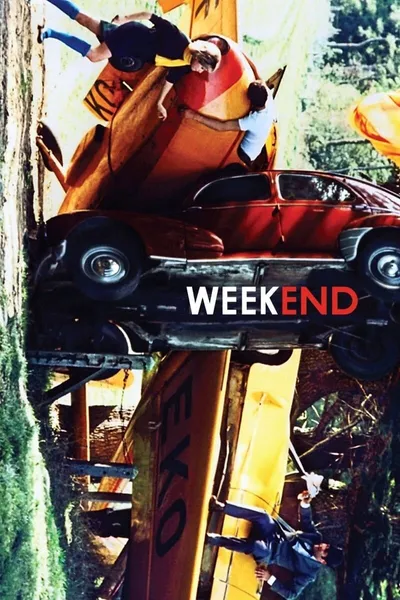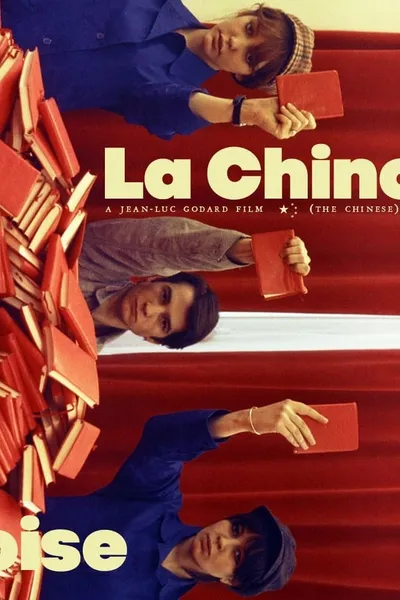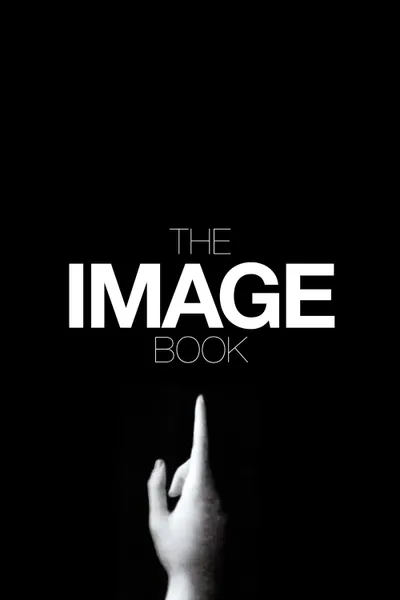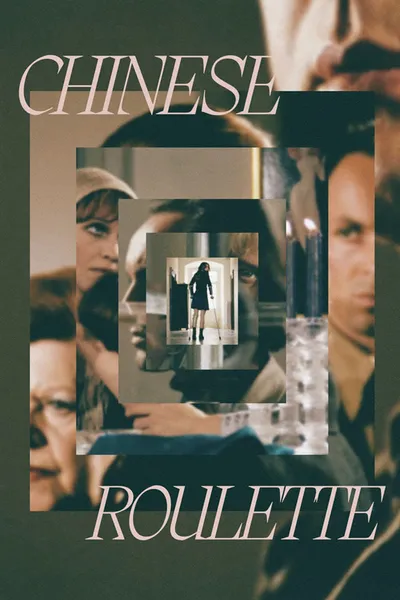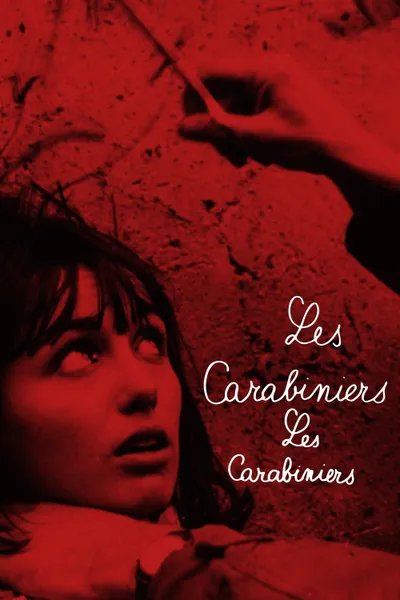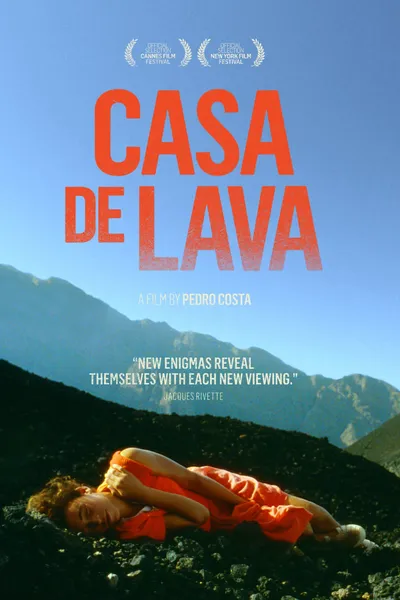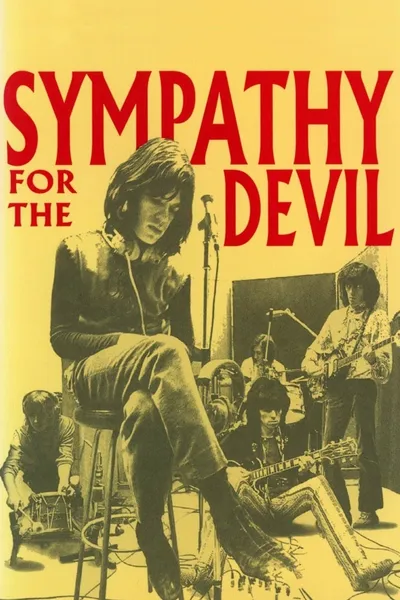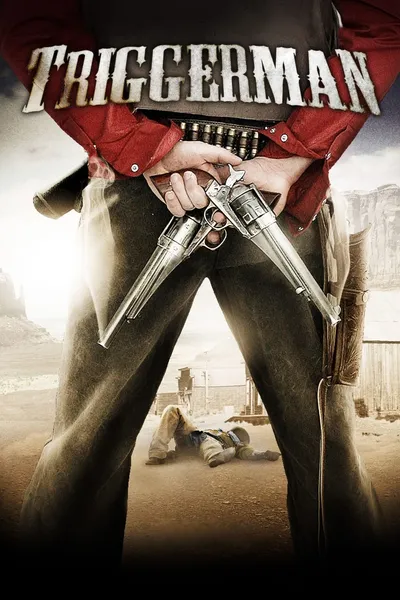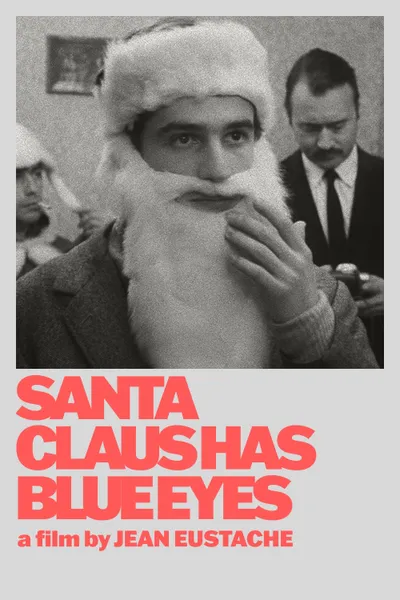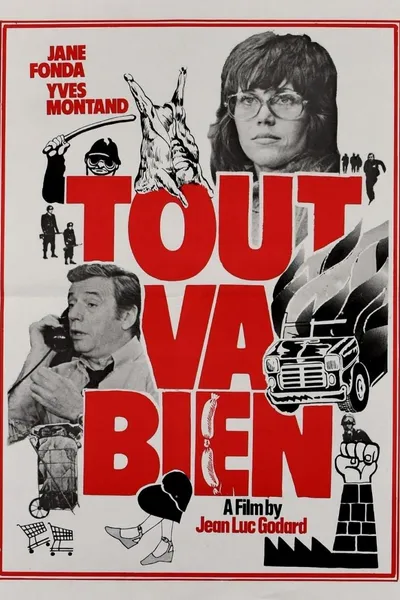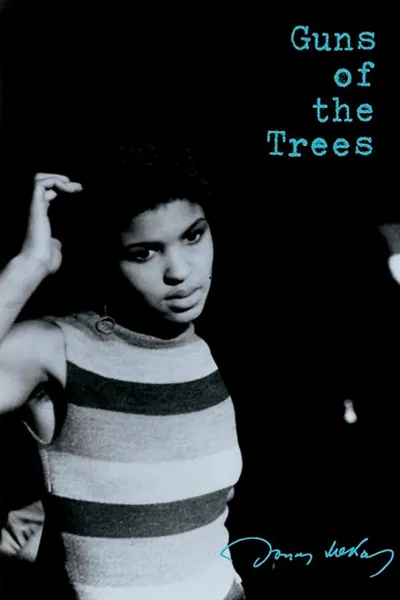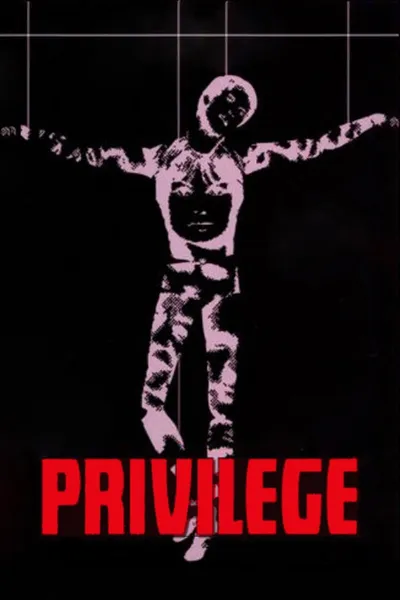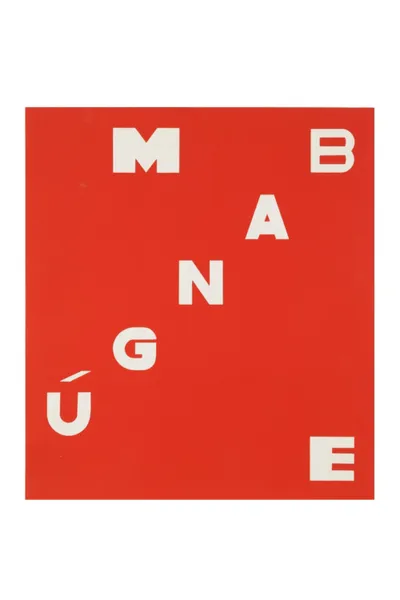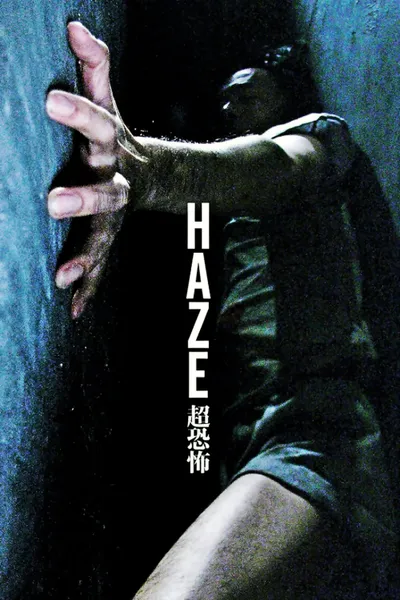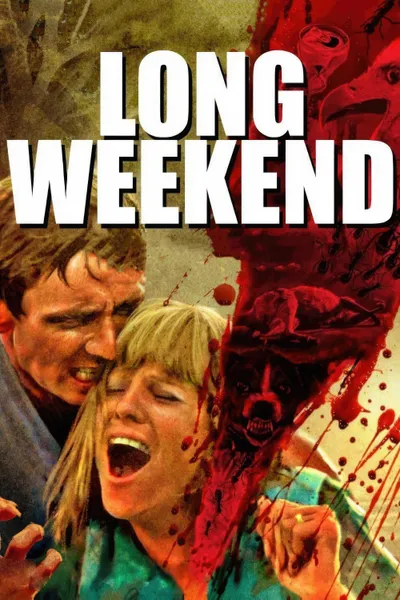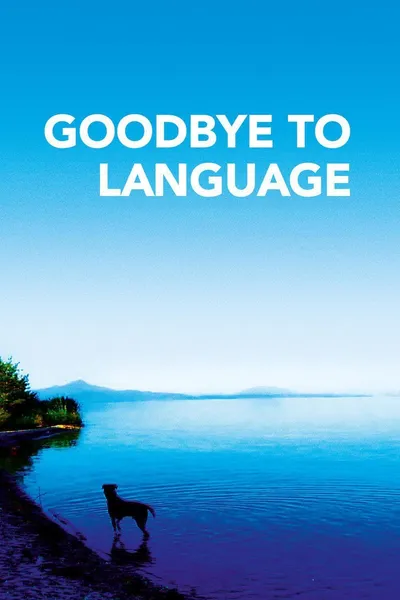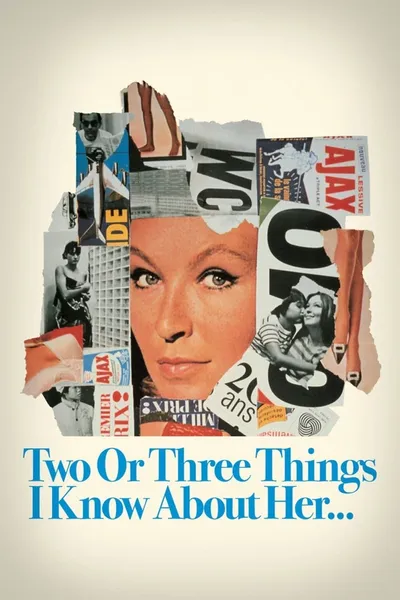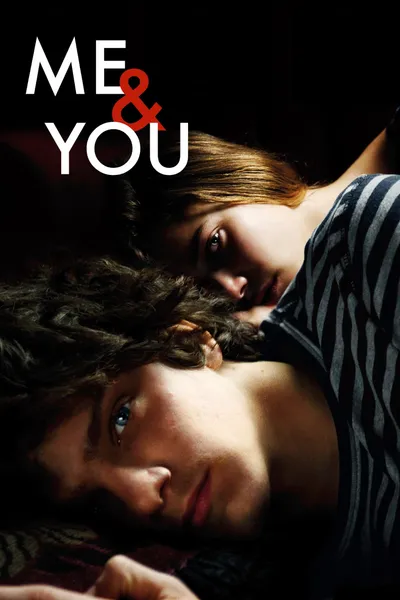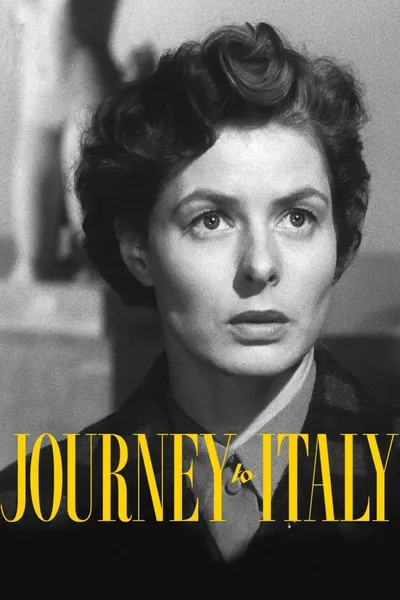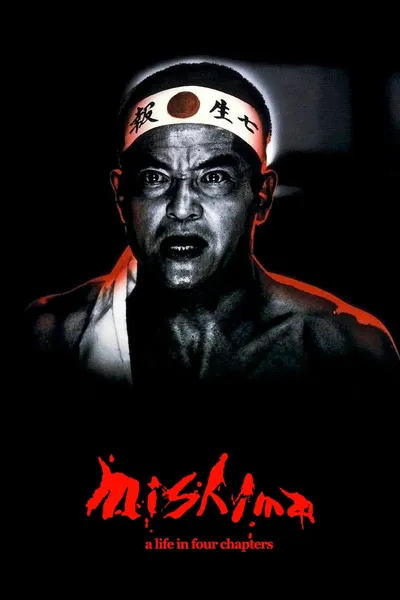Reviews
CRCulver
May 27, 201810.0
As the 1960s went on Jean-Luc Godard kept up the kind of brash, zany, experimental style with which he made his name and became a cornerstone of the French New Wave, but his work increasingly showed a political consciousness sparked by the explosion of the consumer society in that decade. The class of haves, in his view, were being increasingly selfish and dog-eat-dog, while the have-nots of the world could not be expected to stand by idly. Society was surely headed for a breakdown, and his 1967 film WEEKEND is an absurdist vision of it in one hour and forty-five minutes. This is emphatically *not* a good entry point to Godard -- if you don't know his work, see Breathless or Le Mepris first -- but it is a marvelous capstone to his first decade of cinema. (After this, Godard disappeared from the limelight for some years while making more overtly political films with Jean-Pierre Gorin as the Dziga Vertov collective.)
Married couple Roland (Jean Yanne) and Corinne (Mireille Darc) set off from Paris one weekend for Corinne's parents' home, as her father is dying and they want to make sure they get their cut of inheritance. Not only is their relationship with Corinne's parents focused solely on money, but both Roland and Corinne are secretly having affairs and each plans to later dispose of the other in order to run away with their lovers. As Roland and Corinne hit the road, civilization appears to have vanished all around them: people are violently fighting each other over petty arguments, the road out of Paris is an endless traffic jam of honking horns and yelling, and the roadside is littered with car wrecks and their bloody victims.
WEEKEND is a grand portrait of human veniality like Dante's INFERNO. Even when Corinne and Roland encounter a group of hippies, the idealistic dreamers who oppose the cruel order of capitalist society, they are shown great cruelty. Godard was awfully prescient: not only did he shoot this film a year before the events of May 1968 and he presaged a youth revolt, but he also expected that youth to perpetuate the same flaws of the system they overthrew.
Visually, WEEKEND is as much a delight as any of Godard's other colour films of this time, with a pop art feel. Godard and his cinematographer Raoul Coutard had a great eye for colour, mainly the red, white, and blue from the French flag, but all the hues on screen are bold and electric. A great treat for film aficionados are several long tracking shots that required great skill to shoot, such as the long traffic jam. There's a lot of poetry in the shots: I don't know why, but a long take where a pianist plays a Mozart suite to a crowd of farmers in a barnyard and Anne Wiazemsky (in a non-speaking role) walks up to listen, is as emotionally moving to me as anything from Tarkovsky.
By this point Godard's films assume that the viewer is an intellectual, someone who has read a good bit of the literary canon and is aware of the political disputes not only of our time but also those reaching back to the 18th century. Thus as Corinne and Roland are wandering around lost around their own eventual car wreck, they come across the historical personage Saint-Just from the French Revolution (one of two amusing roles played here by the legendary Jean-Pierre Léaud), who absurdistly declaims from his writings while decked out in period costume. They then meet Tom Thumb and Emily Brontë. As the climax of the film approaches, two representatives of the Third World, African and Arab dustmen that our protagonists hitch a ride from, recite a revolutionary Marxist text at some length. And one scene where Corinne recounts a sexual encounter to her lover is a parody of Ingmar Bergman's PERSONA, which had come out the previous year.
Criterion's re-release of WEEKEND on Blu-ray is a welcome event. The pop-art canvas of Godard's 1960s colour films comes through better in this higher-resolution format than on the old DVD releases. Criterion's extras are also enjoyable and informative. Viewers without a prior grounding in Godard's literary/political/social context will appreciate a 20-minute visual essay by Kent Jones which explains most of the references in the film, as well as some contemporary developments in Godard's life that aren't directly shown in the film, but made it what it is. There are interviews with the main actors from French television just before the film's 1968 release, and they explain how great it was to work with Godard, though one realizes that they hadn't seen the finished film and might well have been appalled at its anarchic pace and agitprop. The role of "making of" featurettes is provided by relatively recent interviews with cinematographer Raoul Coutard and assistant director Claude Miller.
Recommendation Movies
La Chinoise1967
The Image Book2018
Chinese Roulette1977
The Carabineers1963
Casa de Lava1995
Sympathy for the Devil1968
Doc West II2009
Julio Sumiu2014
Santa Claus Has Blue Eyes1966
Tout Va Bien1972
Guns of the Trees1961
Privilege1967
Mangúe-Bangúe1971
Haze2005
Long Weekend1979
Goodbye to Language2014
2 or 3 Things I Know About Her1967
Me & You2012
Journey to Italy1954
Mishima: A Life in Four Chapters1985
© 2025 MoovieTime. All rights reserved.Made with Nuxt
